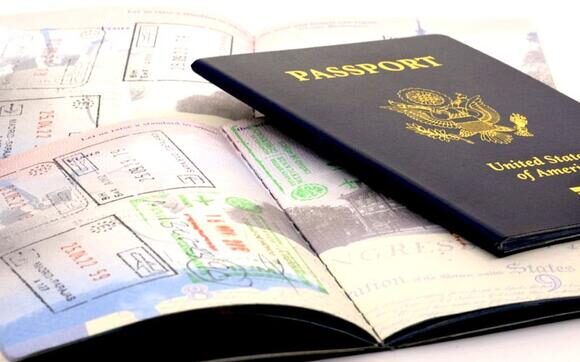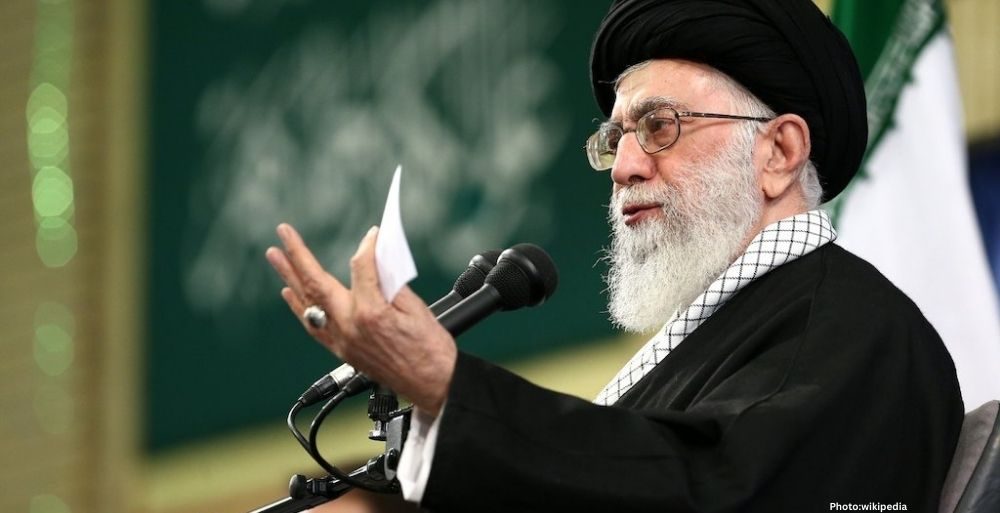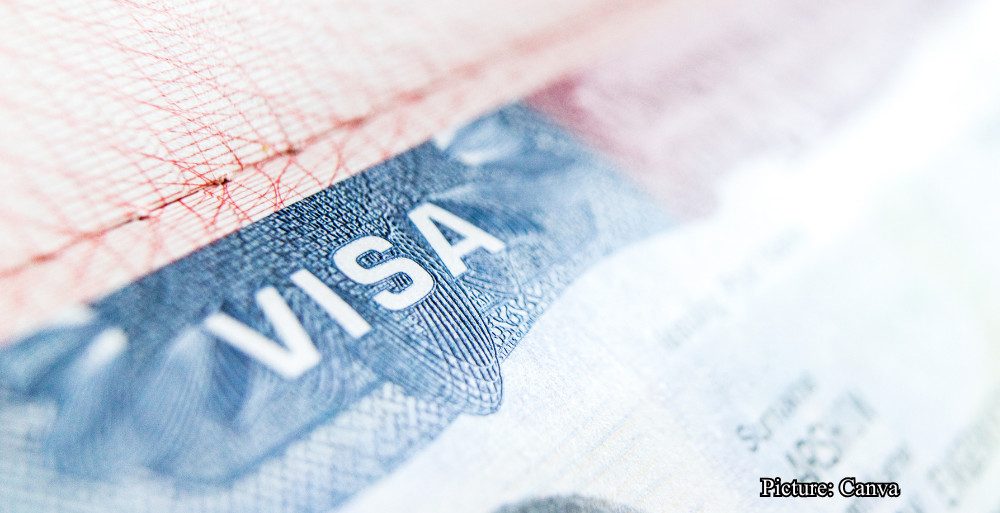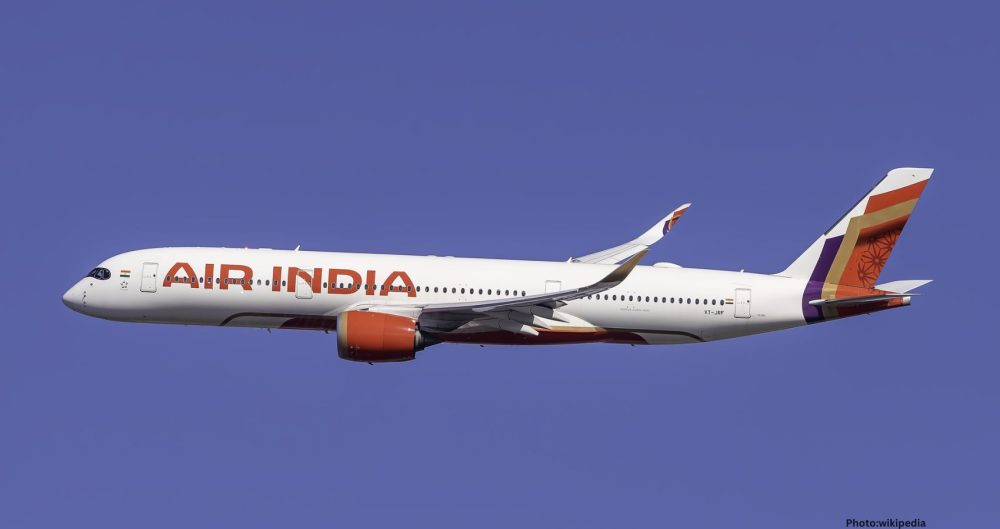Mali has introduced a new visa policy requiring American citizens to post a bond of up to $10,000 when applying for business or tourist visas. The move is seen as a direct response to similar visa restrictions imposed by the United States under President Donald Trump’s administration.
According to Mali’s Foreign Ministry, the decision aims to mirror the U.S. policy, calling it an “identical visa measure” intended to ensure reciprocity between the two nations. The ministry stated that the change followed the U.S.’s unilateral decision to impose comparable visa bonds on certain countries, including Mali.
Meanwhile, the U.S. Embassy in Mali defended the original policy, describing it as part of Washington’s continued commitment to protecting national borders and ensuring homeland security.
The diplomatic rift comes at a time when both countries had been working toward rebuilding ties. In July, American officials visited Mali to discuss cooperation on counterterrorism efforts and possible economic collaboration, particularly regarding access to Mali’s gold and lithium reserves.
However, relations between the two nations have been strained since the 2021 coup, which brought Gen. Assimi Goïta to power. Following the coup, Mali distanced itself from Western powers, turned toward Russia for security support, and expelled French troops. Russian mercenaries from the Wagner Group, now reorganized under the Africa Corps, have been active in the country.
In a related development, neighboring Burkina Faso’s military government recently refused to accept deportees from the United States. This prompted Washington to suspend visa issuance for citizens of the West African nation. Burkina Faso’s Foreign Minister Karamoko Jean-Marie Traoré criticized the move, questioning whether it amounted to political “blackmail” after rejecting a U.S. proposal to take in third-country migrants.
The new visa bond underscores growing friction between the U.S. and several African nations as Washington enforces tougher immigration measures and regional governments assert greater autonomy in their foreign policy decisions.















